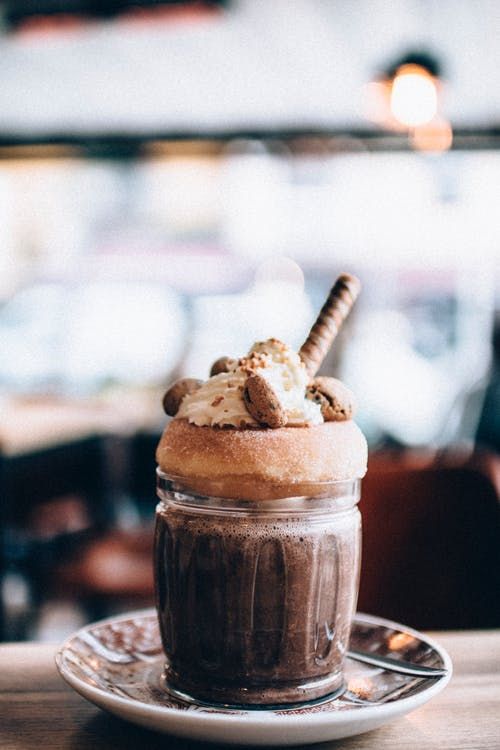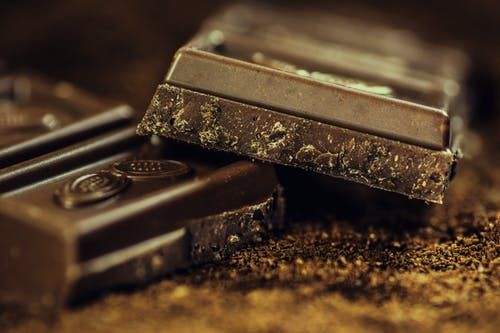Story Of Chocolate
Jul 07, 2019 • 4 views
Chocolate dates back to Mesoamerican and Mayan civilisation as long back as 450 BC. But it was not the sweet edible bars we see today, rather a drink bitter and served with corn puree. It became known as chilette in the present day south of Mexico.
Cultivation, consumption and use of cacao pod were common in Mesoamerica. The cacao trees came in various colours from yellow to green to purple and crimson red. The barks were different in various tree some were smooth, some were quite rough.
Mayans solely did not consume chocolate, they revered it. The Mayan written history mentions chocolate drinks getting used in celebrations and to terminate vital transactions. Aztec on the other hand took the reverence to another level. They thought it of as gift of god, they were gave it as tribute. Then cacao became a form of currency.
The chocolate did not come to Europe until they discovered it from America. By the seventeenth century, chocolate was a modern drink throughout Europe, believed to possess wholesome, medicative and even aphrodisiac properties. However it remained for the most part a privilege of the wealthy till the invention of the external-combustion engine created production potential within the late 1700s.

For much of 19th century chocolate was used as a beverage, many used milk instead of water. By the late nineteenth century and early twentieth century, family chocolate corporations like Cadbury, Mars, Nestle and Hershey were mass-producing a range of chocolate confections to satisfy the growing demand for the sweet treat.Around 1856 Dutch processed cocoa was invented. It removed the natural fat or cocoa butter from it and pulverised it. More basic elements were added to make it alkaline.
Most modern chocolate is highly-refined and factory-made, though some chocolatiers still create their chocolate creations by hand and keep the ingredients as pure as potential. Chocolate is accessible to drink, however is a lot of typically enjoyed as an edible confection or in desserts and food.

There are many benefits of chocolate:
1. Filled with antioxidants
2. Reduces heart diseases
3. Control blood pressures
4. Prevent skin from sunburn
5. Improve brain function
6. Respite from depression
7. Lower cholesterol level
8. Help with Alzheimer
9. Nutritious
10. It helps with workout
11. Help with diabetes
12. Reduces pregnancy complications
13. Help with food craving
14. Helps with blood circulation
15. Helps with cough
16. It may help reduce body index.
Thus it gives us conclusion that chocolate indeed should be part of our daily life.
